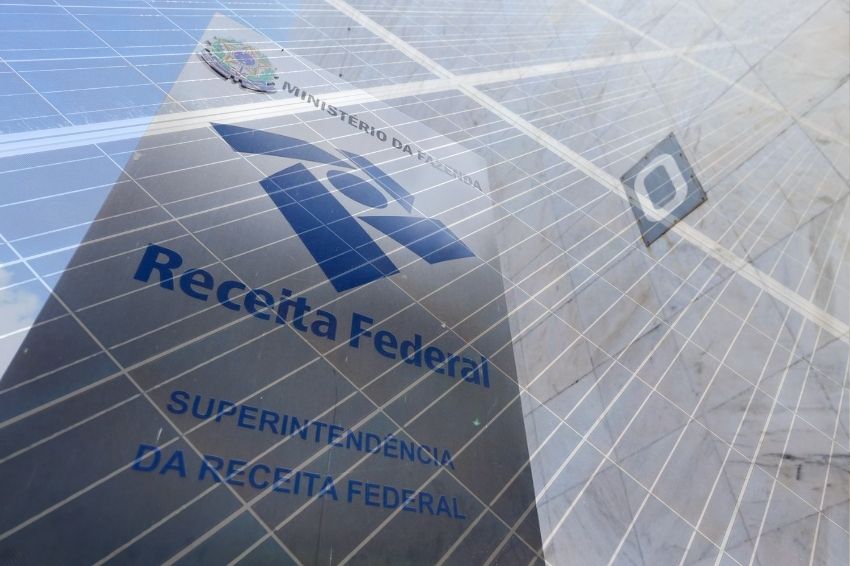Professionals in the solar energy market are paying attention to movements that could impact the sector from April 1st, which is when the new NCMs (Common Mercosur Nomenclature) for photovoltaic generator kits come into force.
As reported by Solar Channel in the beginning of the year, These changes bring the need to adapt and update associated legislation, including agreements, decrees, ordinances, regulations and other legal provisions that make reference to NCM codes.
On this subject, Rodrigo Sauaia, president of ABSOLAR (Brazilian Photovoltaic Solar Energy Association), stated that the association has been working since the beginning of the year requesting the update of ICMS Agreements No. 101/97 It is 114/17.
However, the executive informed that CONFAZ (National Council for Financial Policy) will not have enough time to make the necessary adjustments until April 1st of this year, which is when the new NCMs come into effect.
Understand
NCM: Federal Government changes could increase taxes on photovoltaic equipment
The origin of NCM changes and their tax impacts on the solar sector
In this scenario, the solution to this situation may be to use the ICMS Agreement 117/96 (ICMS Agreement No. 117, of December 13, 1996) in import processes of photovoltaic generator kits.
This agreement determines that in the case of reclassifications, groupings and splits of NCM codes, the tax treatment of the ICM/ICMS Agreements and Protocols remains valid in relation to goods and assets classified in said codes.
Which means that although the reclassifications of NCMs have occurred, the ICMS exemption for photovoltaic generators would remain valid, since there are no changes to the products and their end. It is important to emphasize that states that are not signatories to Agreement 117/96 have their own legislation when NCMs are reclassified.
The state of São Paulo, for example, in addition to being a signatory to ICM Agreement 117/96, also has legislation that deals with NCM updates (see RICMS/SP Art. 606). Considering this information, there is a way for ICMS exemptions to continue to be valid even if Agreement 101/97 is not updated in time.


















6 Responses
What I didn't find is information about why these reclassifications happen, what the reason is, why there has to be a reclassification and if in fact they have to be done, why do they impact the withdrawal of already consolidated exemptions???
Dear,
Who can we talk to to advertise on the site? I have a client interested in Advertising.
Awaiting return
Luciana Jardim
55 21 99751-1655
Hello everything is fine? Send an email to: [email protected] to discuss partnerships. 😉
The 10% of IPI, I understand that would enter EX01, considered 0%.
But it's the IPI 10%, what's that like?
I don't think this agreement will have any impact on the situation. At least not in the way I understood the problem.